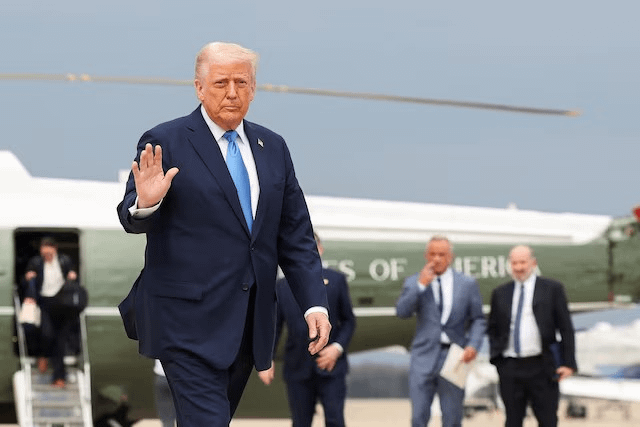The tranquil transatlantic relationship has recently been stirred up by an “order”. The U.S. government’s requirement that French companies with contracts with it must comply with Trump’s diversity ban has made France, which advocates “freedom, equality, and fraternity”, feel a little “unaccustomed”. This seemingly simple policy requirement actually reflects the profound differences in culture, values, and political ideas between the United States and France.
The “Ghost” of “Banning”: The “Echo” of the Trump Era
During the Trump administration, an executive order was issued to restrict federal government agencies and contractors from carrying out projects related to “Diversity, Equity, and Inclusion (DEI)”. This ban was seen as an overcorrection of “political correctness” and sparked fierce debate on issues such as race and gender.
Now that the Biden administration has taken office, it should have ended the “legacy” of the Trump era. However, this diversity ban has resurfaced in a “ghostly” way and directly affects French companies across the Atlantic. This has to make people think: Is Trump’s policy legacy still influencing American society and politics in some way?
France’s “Disobedience”: The Perseverance of “Cultural Exception”
Faced with the “order” from the United States, the French government’s response can be described as “strong”. The French side believes that the U.S. approach is an interference in the internal policies of French companies and a challenge to the French principle of “cultural exception”.
“Cultural exception” is a policy that France has long adhered to, which aims to protect French cultural characteristics and resist external cultural shocks. In the eyes of the French, how companies carry out diversity work belongs to the scope of autonomous corporate management and should not be interfered with by foreign governments.
The “Dilemma” of Multinational Companies: The Challenge of “Being Exquisite in All Aspects”
For those French companies that have contracts with the U.S. government, they face a “dilemma”: complying with U.S. requirements may violate French laws and cultural customs; refusing U.S. requirements may lose the opportunity to cooperate with the U.S. government.
How to find a balance between the two has become a question that these multinational companies need to think about carefully. On the one hand, they need to respect U.S. laws and regulations to ensure compliance; on the other hand, they also need to adhere to their own values and maintain the cultural characteristics of the company.
Future Trends: Exploring “Seeking Common Ground While Reserving Differences”
The “cultural conflict” between the United States and France on the issue of diversification is difficult to eliminate in the short term. In the future, the two sides may start a game in the following areas:
- Policy Interpretation: How will the U.S. government interpret and implement the diversity ban? Will it give French companies some flexibility?
- Legal Proceedings: Will French companies take legal action to challenge the legality of the U.S. ban?
- International Negotiations: Will the U.S. and French governments seek solutions to the dispute through diplomatic channels?
All in all, the U.S. order for French companies to comply with Trump’s diversity ban is a microcosm of the cultural conflict between the United States and France. In the context of globalization, multinational companies need to “dance gracefully” in different cultural contexts, both to comply with local laws and regulations and to adhere to their own values. Only in this way can they stand invincible in the fierce international competition.































